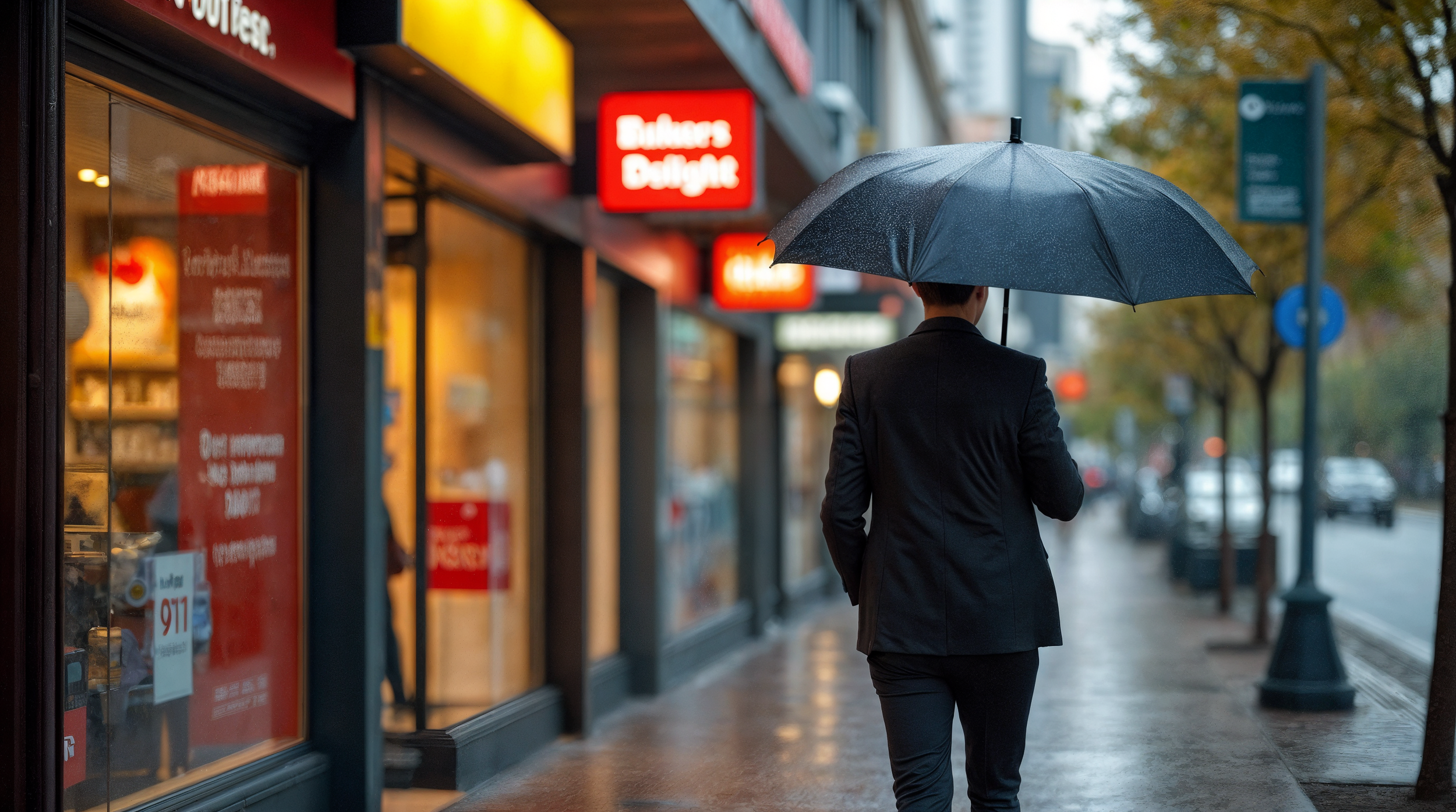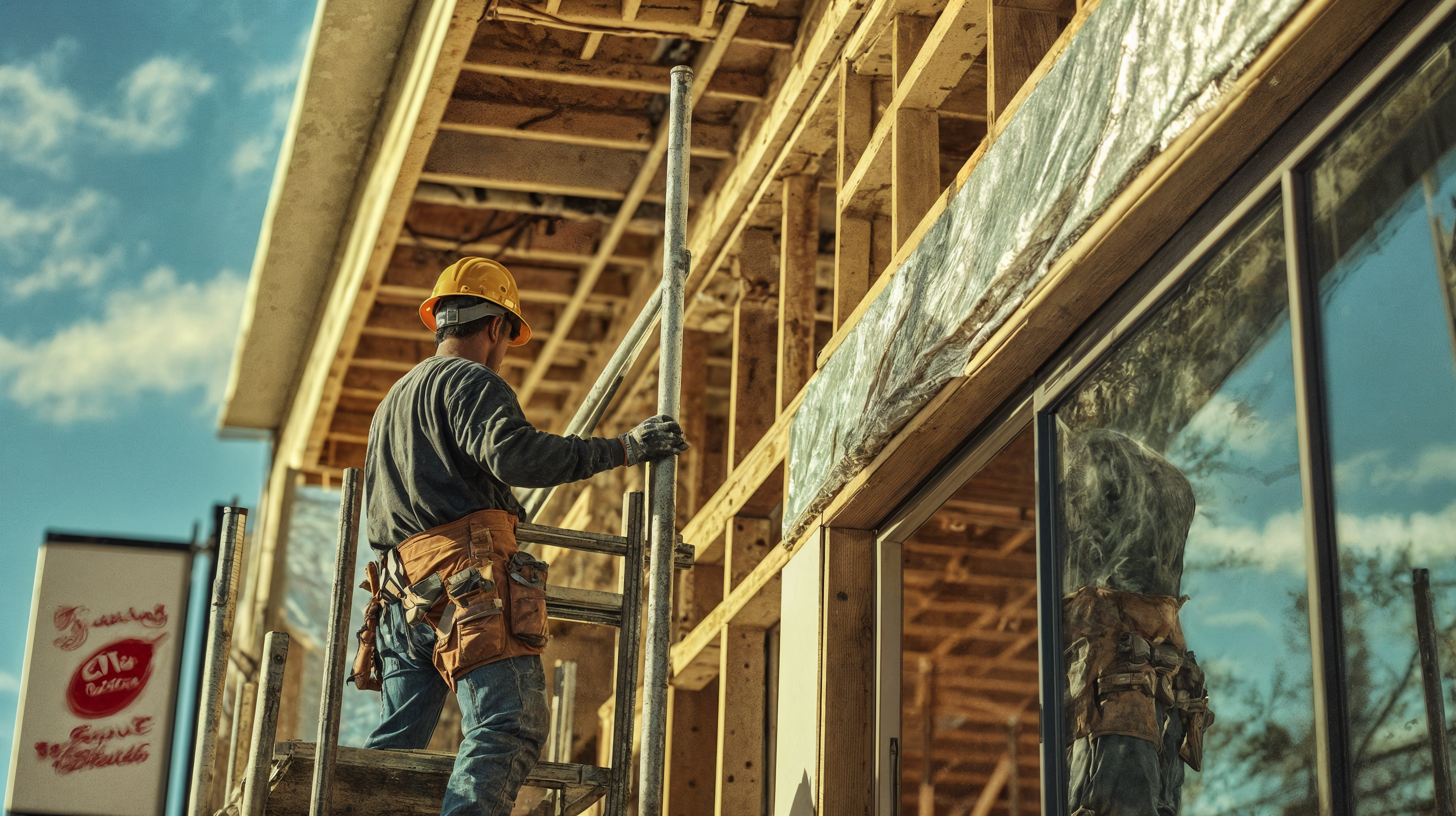Franchising Through Economic Uncertainty: Strategies for Growth
Talk to any business leader today and the conversation will quickly turn to the economy. Rising costs, cautious consumer spending, and ongoing supply chain instability are reshaping the business landscape and testing every model.
I’ve seen firsthand how businesses respond when the economy turns. At DC Strategy, we build on more than 40 years of experience helping brands navigate recessions, inflationary shifts and the disruption of COVID-19. Some buckled. Others grew stronger. The difference was almost always in the structure and support behind them.
Uncertainty challenges every business, but a growing brand with a well-prepared franchise system can use it to strengthen its position and capture opportunities that don’t appear in easier times.
Why Strong Franchise Systems Hold Their Ground
Franchising carries advantages that independents struggle to match.
A Proven Model
In unpredictable markets, trial and error is expensive. A franchise gives you a model that has been tested, refined, and applied across many locations. Australia now has more than 1,000 franchise brands, and buyers will often compare five to seven before making a decision. That level of maturity means new franchisees aren’t starting from scratch. They’re starting with playbooks built on thousands of trading years.
👉 Understanding the maturity of Australia’s franchise market is one thing. Knowing the true investment needed is another. We explored this in The Real Cost of Franchising Part 1 and Part 2, which break down what it really takes to get started and scale.
Collective Buying Power
Independents feel the pain of rising costs first. Franchises pool their purchasing to negotiate national contracts, lock in price agreements, and build contingency into their supply chains. The result isn’t perfect insulation, no one escapes volatility entirely, but it does mean steadier costs and fewer shocks at the local level.
Shared Knowledge and Support
Most people join a franchise to build wealth for themselves and their families. That’s the truth. But what makes franchising different is that you do it within a community. Everyone benefits when one location succeeds.
Sometimes that looks like a tactical win. For example, a Sydney partner trialling a weekday offer that works, with the idea quickly spreading to Brisbane or Perth. At a bigger picture level, it’s the franchisor investing in national campaigns, digital marketing and partnerships that lift the profile of every store. Individual initiative combines with collective support to create strength.
👉 That combination of individual initiative and collective support is what sets franchising apart. It’s why, as I explained in Why Franchising Works Part 1 and Part 2, the model continues to outperform in both good times and bad.
How Strong Brands Respond in Downturns
Resilience is the foundation. Strategy is what turns that foundation into growth.
1. Lead with Value
Discounting might feel like the safe move in a downturn, but it rarely lasts. The brands I see winning are the ones that keep showing customers why they’re worth the spend, whether it’s quality they can trust, time saved, or a consistent experience. People don’t stop spending altogether; they just become more selective.
2. Sharpen Operations
When margins are tight, details matter more than ever. The strongest franchises treat efficiency as a daily habit. They check rostering, manage inventory closely, and use technology to cut waste and improve service. It’s not glamorous work, and it takes discipline, but it’s what keeps margins intact and prepares the ground for growth when conditions improve.
👉 The operational discipline we talk about here connects directly with the foundations of growth. In Choosing Your Expansion Strategy, I outlined how the right structure underpins resilience in any market.
3. Keep the Conversation Going
Uncertainty creates anxiety. The best franchisors don’t go quiet when things get hard, they show up more. That might mean network-wide calls, data shared openly, or time set aside for local success stories to be discussed. Does every brand get this right? No. But the ones that do create real confidence, and that confidence flows through to staff, customers, and franchise partners.
Finding Openings in Tough Conditions
Downturns create pressure, but they also create openings for those who are ready.
Stronger Demand for Trusted Brands: In uncertain times, customers and prospective partners look for businesses they can trust. Well-run brands with a reputation for stability and care attract that attention.
Better Sites Coming Available: When leasing markets soften, franchisors and franchisees who work together can identify promising locations, plan carefully and secure sites that wouldn’t be possible in a boom.
A Stronger Talent Pool: Economic shifts often push experienced professionals to rethink their future. Many bring management skills and capital into franchising, drawn to the structure and community that independents can’t offer.
In my experience, the brands that lean into these openings often end up leading their sector once the economy recovers.
Laying the Groundwork for What Comes Next
Uncertainty will always be part of business. The question is how you use it. The businesses that use this time to tighten systems, strengthen relationships, and act with discipline are the ones that set themselves up for long-term growth.
If you attract the right people, support them properly, and maintain high standards, your franchise community will repay that effort many times over.
These ideas connect back to earlier Franchising Lens editions. In Scaling Right, I shared five lessons from guiding brands through expansion. In What’s Next for Franchising in Australia 2025, we looked at the trends shaping the sector’s future. Each edition builds on the last, and together these insights highlight a simple truth: when franchising is done properly, it is built for both resilience and opportunity.
👉 Explore more insights and practical advice in the Franchising Lens series.
Are You Ready?
Download our free Franchise Readiness Checklist. It’s a simple yet effective tool to help you assess your preparedness and set the stage for success.
Franchising takes planning, strong systems, and the right people behind you. But when it’s done well, it can be one of the most powerful ways to grow a business that lasts.
If franchising is on your mind or you're ready to explore what it could look like for your business, let’s talk. We’re here to help you take the next step.
About James Young
James Young is the Managing Director of DC Strategy Group and a Certified Franchise Executive (CFE).
He leads the firm’s consulting, sales, and franchise development work, helping brands expand through end-to-end strategy, legal, recruitment, and marketing services
As a Certified Franchise Executive, James brings both expertise and a deep commitment to sustainable, values-led franchising. He sits on multiple advisory boards and is a trusted voice in the industry, regularly sharing insights on recruitment, strategic expansion, and long-term franchise success.
DC Strategy is Australasia’s leading end-to-end franchise consultancy, offering integrated legal, strategic, recruitment, and marketing services to help brands scale with confidence.





